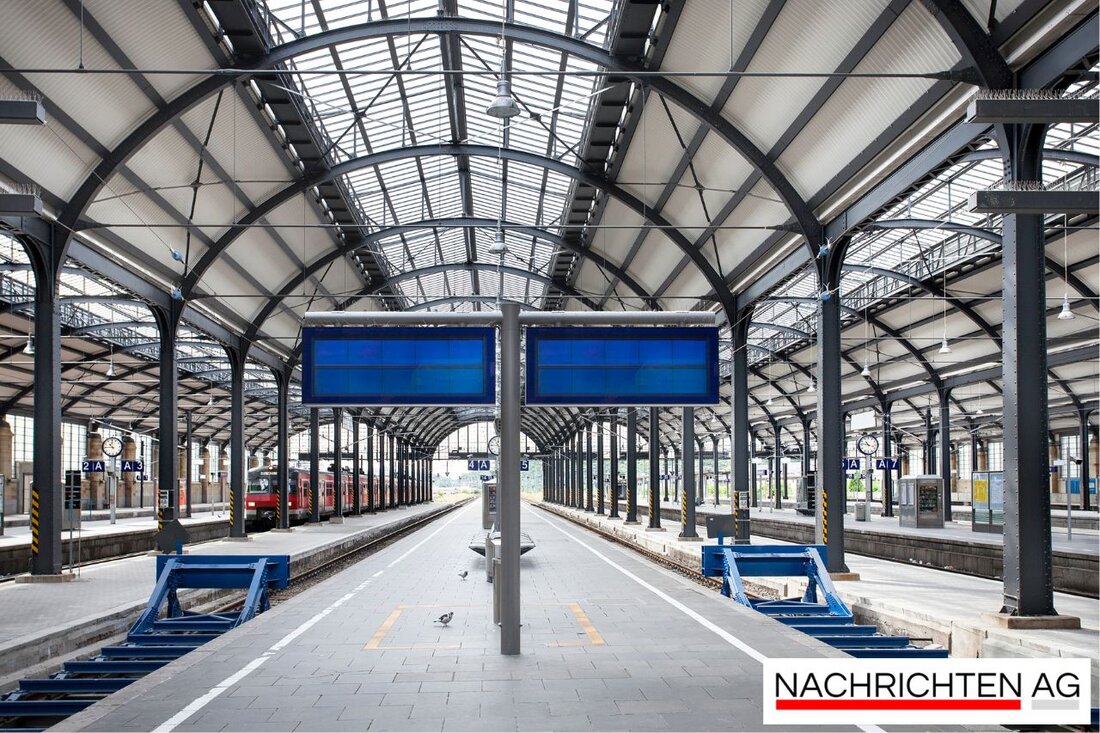Aubinger train station remains barrier-free: protests demand quick solutions!
The Aubinger Bahnhof in Munich is fighting for accessibility. Local politicians have been calling for improvements for everyone for 40 years.

Aubinger train station remains barrier-free: protests demand quick solutions!
In Munich there is a particularly strong need for action at the Aubinger train station. The condition of the station is anything but barrier-free, which residents and politicians have been criticizing for a long time. On July 8, 2025, state parliament member Katja Weitzel (SPD) organized an inspection to assess the current situation on site. Numerous representatives from the railway, city, district committee and citizens' associations were present. What emerged was sobering: Access to the platform is impossible for wheelchair users because there are only steep stairs - elevators or escalators are completely missing, as Merkur reports.
The demands for accessibility have existed for over 40 years. While previously numerous applications from local politics and citizens' initiatives were unsuccessful, hopes are now focused on an early renovation. The four-track expansion of the station, which also provides for barrier-free access, has been in planning since January 2025. But when it will actually start remains uncertain, as Weitzel himself emphasizes. The complex responsibilities do not make the entire process any easier. “The Free State must finally act,” demands Weitzel and sees the issue as a fundamental question of justice and social participation, according to katja-weitzel.de.
Political support and challenges
During the inspection it was clearly stated that all stakeholders involved - from the city to the railways to the disabled people's advisory councils - have to be in the same boat when it comes to solutions. Jürgen Müller from the Aubing – Neuaubing citizens' association emphasizes the need for a joint initiative. Construction cannot be put off any longer. But there lies the problem: In order to advance the expansion, the railway first needs an official order from the Free State - a process that could take years.
Two options for converting the station are currently being examined: a central platform or an outer platform. Michael Hatzel from Deutsche Bahn describes the exchange as constructive, but points out that the initiative must come from politicians. Interim solutions that could improve accessibility until final implementation are also being discussed - but this also requires a commission, which further adds to the confusion surrounding responsibilities.
Think outside the box
In Germany, local public transport is becoming increasingly more barrier-free, as an overview of various initiatives shows. Ramps, guidance systems and floor markings are being implemented at stops and train stations to make access easier for people with disabilities. But despite the progress, there is still a long way to go. According to an inclusion study, 63% of respondents experience restrictions in local and long-distance transport. The federal government has set itself the goal of achieving complete accessibility in local public transport by 2026, with the federal government also investing to encourage more people to travel by train, according to deutschland-sperrfrei.de.
The situation at Aubinger Bahnhof is not just a local challenge, but part of a larger problem that affects many cities. The pressure on those responsible is growing and time is running out. Only together and with determination can rail-free access to public transport be achieved for all citizens.

 Suche
Suche
 Mein Konto
Mein Konto